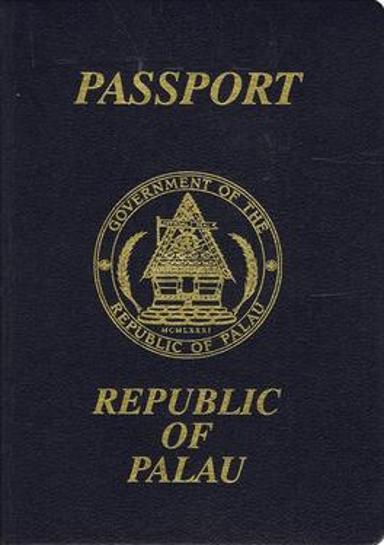Visa free access for Palau
As a Palau passport holder, you are permitted to travel visa-free to 148 countries and territories. This data is correct as of March 2024.
In order to travel visa-free, you will need a valid passport, often with at least six months until expiry. Additionally, you may need travel insurance, as required by your destination country.
Within these countries, there is often a separate section in airports where you can submit your Visa on Arrival. You will receive your visa on arrival (VOA) after entering the country that issued the visa.
Acquiring an eVisa follows the same process as applying for a traditional visa. The main difference with an eVisa is that you don’t need to visit a visa application centre. You can submit your application online, including making any payments relating to the visa.
Once the relevant authorities approve your application, you will receive a confirmation email regarding your visa status, along with a document that you must print and bring with you when crossing the border.
You will need a valid visa to enter the 148 countries with a Palau passport.
About Palau
Palau, officially known as the Republic of Palau, is a captivating archipelago situated in the western Pacific Ocean. With a population of approximately 21,000 people, it is one of the smallest and least populated countries globally. The country’s climate is tropical, with a heavy rainfall throughout the year, offering a lush and verdant landscape.
The culture of Palau is deeply rooted in its history, with traditions strongly influenced by its Micronesian, Melanesian, Asian, and Western sources. Palauan society follows a matrilineal system, which greatly influences inheritance, descent, and governance. The official languages are Palauan and English, with the majority of the population adhering to Christianity.
Economically, Palau relies heavily on tourism, agriculture, and fishing. Tourism, especially scuba diving and snorkeling among the islands’ rich marine biodiversity, is the country’s main source of revenue. The government is the largest employer, indicating a high level of public sector participation in the economy.
In summary, Palau is a unique blend of rich cultural heritage, natural beauty, and a thriving, albeit small, economy. Its passport offers the holder visa-free or visa-on-arrival access to 116 countries worldwide, making it quite a valuable asset.

 Palau
Palau




































































































































































































